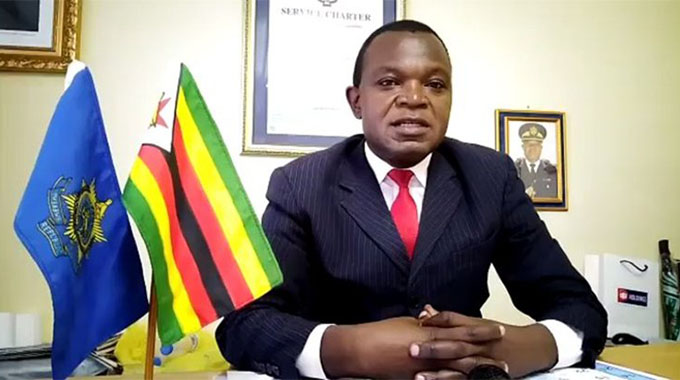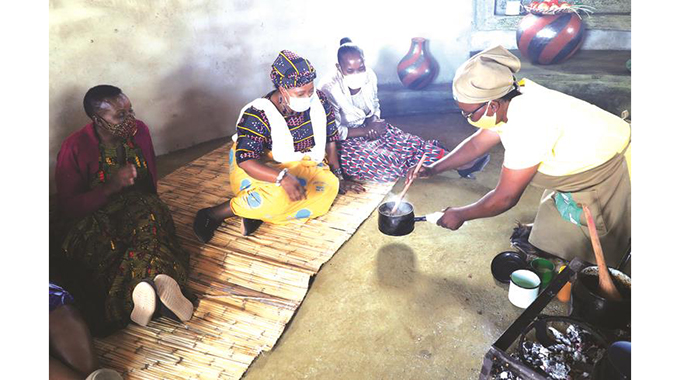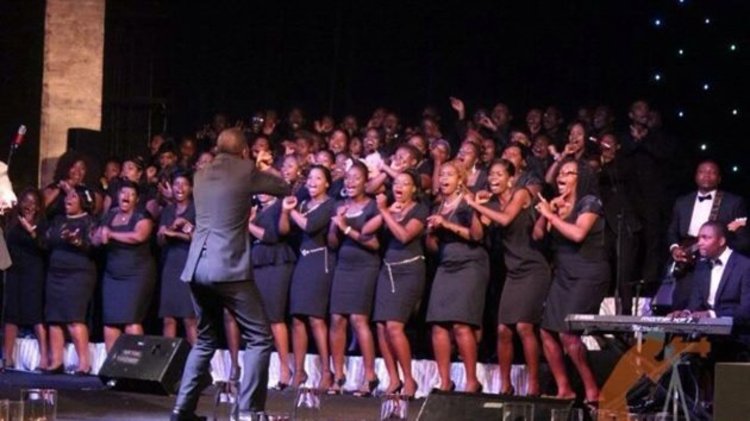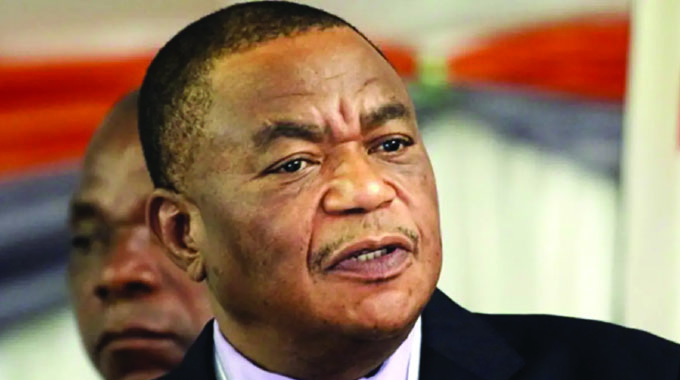EDITORIAL COMMENT: By-elections can be run smoothly

With the growing skill Zimbabwe has been showing in managing the Covid-19 outbreak, along with the growing number of people vaccinated, the health experts and the Zimbabwe Electoral Commission could start thinking about how by-elections could be managed safely to restore representation to a vast swathe of Zimbabwe’s urban population.
The internecine warfare in the leadership of the opposition ranks has seen 48 seats in the National Assembly declared vacant by last week as the loose electoral pact the opposition put together before the 2018 elections was converted into a mutual suicide pact.
At the same time several urban councils have been hit by the same wave of recalls, worsened in some councils, and especially in Harare City Council, by the suspension of a swathe of councillors after they were remanded for trial on charges of corruption-related activities.
All these recalls have been done in terms of the Constitution, and the High Court has clearly stated in several judgments that the seven parties making up the MDC-Alliance have the right to recall those MPs who won the constituencies they were assigned to contest when the electoral pact hammered out the deal.
The one serious attempt to have these judgments reviewed by the Supreme Court was aborted when lawyers representing those who believe the MDC-A superseded the seven parties, at least as far as the Parliamentary election results were concerned, did not bother to turn up, despite being given a second chance by the judges.
A court cannot intervene if those making the application cannot be bothered to appear and give their reasons. It can go ahead if the respondents, those being sued, cannot be bothered, but a missing plaintiff is a killer.
The Government has been very careful to keep its distance and go out of its way not to interfere in matters which pertain to the Legislature and the Judiciary. In fact it has even refused to comment on the opposition infighting, let alone the court judgments.
Speaker of the National Assembly Advocate Jacob Mudenda had zero options under the Constitution. With a Supreme Court judgment telling him, and everyone else, who the leaders of the MDC-T, the largest group in the pact were, and a pile of High Court judgments telling him that party leaders were entitled to recall MPs, his sole job was to verify the signatures and announce the recalls.
The whys and wherefores of the leadership disputes in two of the seven opposition parties who formed the electoral pact, and which have seen the 48 MPs recalled, are internal matters to those parties, and more particularly to the leaderships of those parties since neither has much of a grass roots organisation and in any case supporters were not consulted.
But the fact remains, when we look at the 2018 election results, that more than half the urban voters in Zimbabwe have no one to represent them in Parliament, and one major job of a constituency MP is to help their constituents, regardless of how they voted, and make sure their voice is at least heard.
Admittedly, few opposition constituency MPs ever did much constituency work and report back meetings were basically non-existent.
The Constituency Development Fund provides a practical need for a sitting MP, since that person is expected to take the lead in the consultative process within a constituency on how to spend the money.
At the same time, many of those urban voters have no councillor either. Even a useless councillor, and MDC-T mayors have complained about that, should still be able to list priorities in their ward when devolution funds become available and suitable projects chosen.
In any case councillors are supposed to take a lead in their ward over all sorts of matters, from settling shopkeeper-vendor disputes to applying pressure on council officials when some critical piece of infrastructure breaks down or some service is disrupted, and that these days in most urban councils is an everyday occurrence.
Normally, as seats are declared vacant, by-elections are called and ZEC organises the nominations and the voting. Within a few weeks of the vacancy the by-election winner is being sworn in.
ZEC has moved promptly for Senate vacancies and those for the proportional representation MPs in the National Assembly, because here the Constitution lays down that the political party that won these seats in the last election fills them with its own nominee.
The problem of a constituency or ward by-election has been Covid-19. The health authorities did not see why several thousand people had to die to fill vacant seats, and if large gatherings of several thousand people outside a polling station triggered a surge in infections, it could have been even worse, and no one can really argue with that appreciation.
Even finding polling officers having to sit in front of thousands of total strangers would probably have been impossible, that being a risk well beyond the call of duty.
But we know more now. Netherlands has just had to hold an emergency Parliamentary election after its government collapsed in a scandal, and that was done right in the middle of a second wave.
That country spread polling over three days, made sure all polling officers were vaccinated and sitting behind screens, spaced voters out in the lines and called in the most vulnerable to special non-queuing voting on one of the days.
Most American states in their last election expanded their postal vote system dramatically to allow early voting and distance voting.
We can look at these options and generate some of our own, although the three days or early postal voting would need legal changes and cause a surge in vociferous abuse from the opposition leaders who caused the mess in the first place.
But we could expand each station, to have more polling stations or at least more desks and officers, to break up the queues into small groups, and empanel some neutral body to enforce masking and social distancing. Some sort of special arrangement would be needed for those who flunk the temperature test.
A lot would depend on how far parties were prepared to co-operate to ensure supporters did not hang around polling stations, even at the required distance.
Any successful attempt to hold a large batch of by-elections, and the June school holidays appear for practical purposes to be the first opportunity since most polling stations are at schools and these must be disinfected before children return, requires systems in place that protect the polling officers and the voters.
Perhaps the time has come when our health experts can think about how safety conditions can be met and then work with ZEC to see if carefully controlled polling stations are viable.










Comments